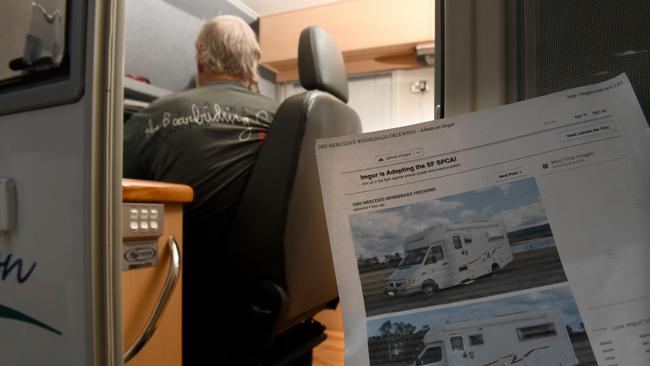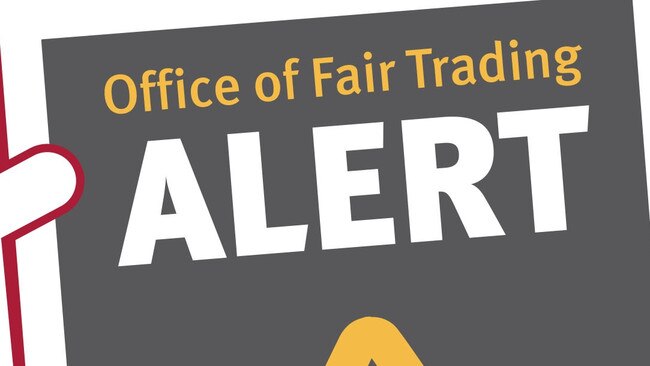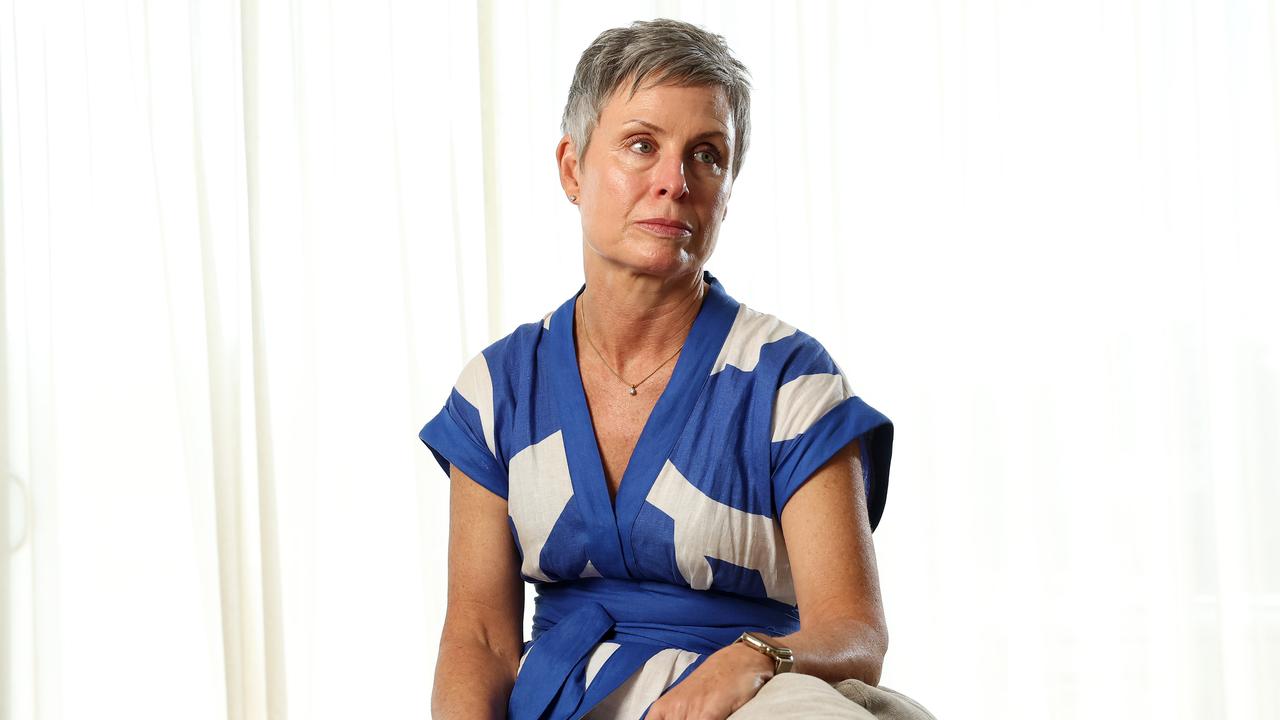Vehicle buyer lost $39k to social media scammer
This year more than 250 people in Queensland have reported vehicle scams to Scamwatch.

Gladstone
Don't miss out on the headlines from Gladstone. Followed categories will be added to My News.
Scammers are targeting vehicles for sale or purchased on social media with more than 250 Queenslander's encountering dodgy buyers and one person losing $39,000 this year.
True identities can be hidden on social media, Acting Attorney-General Mick de Brenni said, making the platform not always the best option for such a significant purchase.
"Between 1 January and 30 November 2020, Scamwatch received more than 250 reports of Queenslanders being scammed when trying to buy a vehicle, caravan or motorhome," Mr de Brenni said.
"One Queensland consumer lost $39,000 when they tried to buy a vehicle via a popular online marketplace.
"Despite the regular vehicle checks appearing normal, the car was never delivered and the seller could not be contacted.
"Scammers will lure you in with a fantastic deal so our advice is that if it sounds too good to be true, it probably is."
RACQ spokeswoman Lauren Ritchie urged motorists in the market for a new vehicle to do their research and be on the lookout for any suspicious behaviour.
"Don't buy sight unseen and be wary if the seller wants to meet you in places such as shopping centre car parks, or they offer to bring the car to you," she said.
"This might mean they don't want you to know where they live.

"Ask plenty of questions, if the seller is genuine, they'll be able answer questions about the car off the top of their head.
"Be suspicious if they avoid questions, are vague on the detail, or the story just doesn't sound right.
"Always get a car history check and very carefully compare details against the car.
"If there are any discrepancies at all or something feels off, walk away - it's not worth the risk."
Mr de Brenni said scammers could establish fake email accounts to make purchases or money transfers seem legitimate.
"Another Queenslander thought they had purchased a car advertised through an online marketplace and was advised not to reply to the advert but to email as the car was being sold for a relative," Mr de Brenni said.
"The seller said that due to COVID-19 and previous bad experience they would use a third party company to collect payment so the buyer deposited $5500 with the company.
"The buyer didn't hear back and contacted the third party payment company who said the payment link was not theirs.
"The buyer then saw the same car a week later readvertised with the same photos and story with a slightly different email, and another car being advertised with the same story."
To report a scammer or for more information on identifying scams visit the Scamwatch website or the Office of Fair Trading website.
How to avoid being scammed in a vehicle sale or purchase:
*Never buy from someone who won't meet face-to-face
*Don't buy a car you haven't seen in person
*Get the vehicle inspected by a professional
*Don't let anyone pressure you into a quick transaction
*Check the vehicle's details out on the Department of Transport and Main Roads website to see they match registration or insurance papers
*Avoid payment by international money order, wire transfer, prepaid cards, cryptocurrency and cheques
More stories:
Gladstone artisan's stunning works set social media alight


